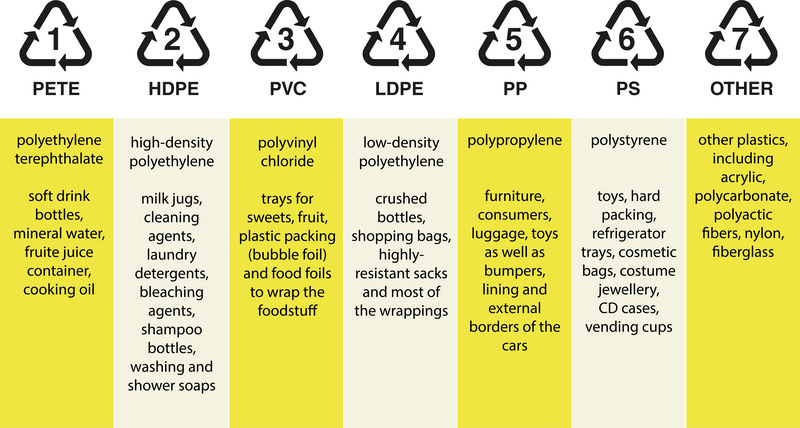Hard Rubbish 101: Easy and Eco-Friendly Disposal Methods
Disposing of hard rubbish can be a daunting task, especially if you're committed to doing so in an eco-friendly manner. Hard rubbish often refers to large items that are not easily thrown away or recycled, such as furniture, appliances, or construction debris. Fortunately, there are several ways to dispose of these items responsibly.
What is Hard Rubbish?
Before jumping into disposal methods, it's important to understand what constitutes hard rubbish. Items typically considered as such include:
- Household furniture like sofas, beds, and tables
- Large appliances such as refrigerators, ovens, and air conditioners
- Electronic waste (e-waste) including televisions, computers, and printers
- Building materials like bricks, metals, and timber
Why is Proper Disposal Important?
Improper disposal of hard rubbish can lead to a host of environmental issues. Landfills are often overburdened, and many items can take decades to break down. Additionally, some items may release harmful chemicals into the soil and water tables.

Easy and Eco-Friendly Hard Rubbish Disposal Methods
Council Collection Services
Many local councils offer hard rubbish collection services. Typically, these services are scheduled on specific days or can be arranged upon request. It's an easy and cost-effective option for getting rid of large items without harming the environment.
Recycling and Upcycling
Recycling is always a preferable option when it comes to disposing of your hard rubbish. Check local recycling facilities to see if they accept large household items. Many items classified as hard rubbish can also be upcycled--which means transforming them for new uses:
- Old pallets can be turned into rustic furniture
- Worn-out tires can be used as garden planters
- Unused wood can be utilized for home DIY projects
Donation and Resell
One person's trash is another person's treasure. Many charitable organizations accept furniture, appliances, and other large items, provided they are in good condition. Websites and apps that facilitate the sale or donation of second-hand items can also be a great way to repurpose your hard rubbish:
- Facebook Marketplace and Gumtree are popular platforms for selling or giving away items
- Contact local shelters or community centers to see if they have a need for specific items
Hire a Skip Bin
If you have a significant amount of hard rubbish to dispose of, hiring a skip bin can be an efficient solution. This option allows you to have a large container right at your home, which a waste management company will remove once it's full.
Professional Junk Removal Services
For those who prefer to leave the heavy lifting to others, professional junk removal services are a viable option. These companies will handle everything from collection to disposal, often ensuring that a portion of your items are recycled or donated.

Handling Specific Types of Hard Rubbish
Electronic Waste (E-Waste)
Electronic devices often contain hazardous materials that require special disposal methods. Local councils and specialized recycling facilities typically offer e-waste recycling days or drop-off points. It's crucial to recycle e-waste responsibly to prevent harmful substances from polluting the environment.
Appliances
Before disposing of appliances, check if they are still in workable condition. Many second-hand appliance stores offer trade-ins or will accept donations. If the appliance is no longer usable, specialized recycling centers may be able to salvage parts.
Furniture
Old or damaged furniture can sometimes be difficult to dispose of due to its bulk. However, many cities have donation centers that will accept furniture, provided it is free of infestation and still functional.
Final Thoughts on Hard Rubbish Disposal
With so many eco-friendly options available, there's no reason to resort to improper disposal methods for your hard rubbish. Utilizing council services, recycling and upcycling, or employing professional services can help you declutter your home while contributing to environmental sustainability. Choose the option that best aligns with your resources and responsibilities, ensuring that you're doing your part for the planet.
Additional Tips
- Plan your disposal in advance to avoid unnecessary stress
- Always check local regulations and guidelines for hard rubbish disposal
- Consider organizing a neighborhood cleanup day for communal hard rubbish collection
By following these steps, you can responsibly manage your hard rubbish disposal while keeping environmental impact to a minimum.